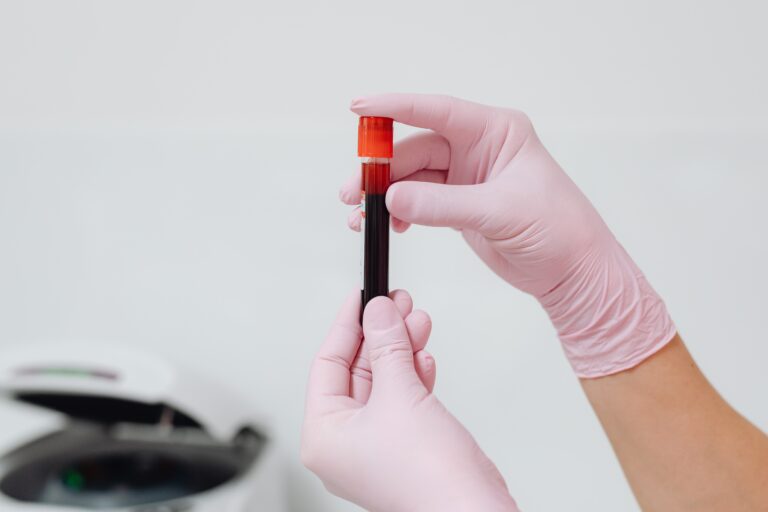Stress-Busters
Studies have consistently shown that people in high-strain jobs (that is, those at the bottom of the job ladder) have the highest rate of heart attacks, while those in active jobs have the lowest. Those in high-strain, low-echelon jobs also exhibited the highest levels of psychological stress (including depression and exhaustion), and they took the most medications for depression – while those at the top of the job ladder were by far the best-off in this category. In short, though executive stress exists, it’s the bossed, not the bosses, who experience the most stress on the job.
High Stress Jobs
Stereotypical high stress jobs such as manager, electrical engineer, and architect have proved not to be associated with health risks, because professionals get to make more of their own decision and thus feel more in control. Even when such risk factors as age, race, education, and smoking were factored into the equation, those in the bottom tenth of the job echelon turned out to be in the top tenth for stress. They had four to five times the risk of heart attack as those at the top tenth of the ladder whose jobs gave them a high sense of control.
Attitude

The one personality trait that may be linked to heart disease is chronic hostility or cynicism. Several studies suggest that the chronically angry, suspicious, and mistrustful are twice as likely to have coronary artery blockages. Still, it’s not clear what the connection is. Maybe cynical hostility somehow does physical damage. But perhaps mistrustful people adopt a why bother attitude and thus fail to take care of their health.
The idea that a positive attitude can help keep you from getting sick has been studied in individuals with cancer. Some researchers have suggested that patients with a positive attitude are likely to get well. Studies have shown that a fighting spirit as opposed to helplessness and hopelessness, may help women with breast cancer survive, but only if the disease has not spread. The bottom line is that most doctors believe that a strong desire to stay alive and well is an asset to anybody. In nothing else, it will give you the incentive to take care of yourself
.









I suffer emotional anguish from my flaws and that many physical and psychological problems come from social conditions that are out of my control.